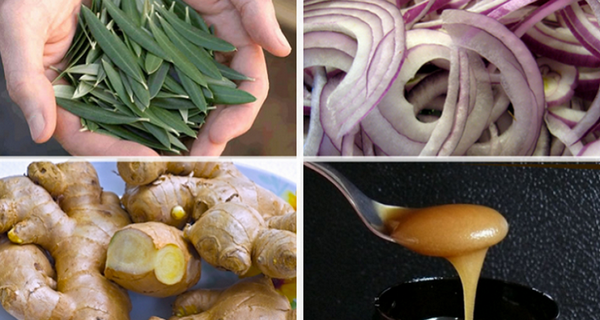Ad Blocker Detected
Our website is made possible by displaying online advertisements to our visitors. Please consider supporting us by disabling your ad blocker.
Using Eggshells to Prevent Blossom End Rot
A lack of available calcium in the soil is a significant cause of blossom end rot in garden plants such as tomatoes and squash. To combat this disease, it is recommended to apply a calcium source, and eggshells are a popular solution.
However, it is essential to note that simply tossing eggshells around your tomatoes when you see signs of blossom end rot is not enough. By the time you notice the symptoms, it is likely too late to correct the issue for that specific plant or fruit since the damage has already occurred. The key is to prevent blossom end rot from occurring in the first place, and eggshells can be useful for this purpose.
To prevent blossom end rot, apply eggshells as an early-season amendment to your garden soil. This enables the shells to break down and release calcium gradually, ensuring that it is available to your plants throughout the growing season. By taking preventive measures, you can reduce the risk of blossom end rot and promote healthy plant growth.
If you want to increase the available calcium in your garden soil using eggshells, it is best to apply them many months in advance. Eggshells take several months to break down in the soil to a point where the calcium is accessible to garden plants. By adding eggshells to your soil twice a year, you can provide your tomatoes and other plants with the calcium they need to thrive throughout many months of growing and production.
Consistent watering is the key to preventing and managing blossom end rot. Calcium deficiency is not the only cause of this disease. Inconsistent watering can also make it difficult for the plant to take up calcium and other minerals, nutrients, and trace elements. Therefore, soil balance and consistent moisture are necessary to make calcium accessible and usable by the plants.
To prevent blossom end rot, finely crush or grind the eggshells before use. The smaller the eggshells are crushed, the faster they will break down, and the sooner the calcium will become available. Mix the eggshells into the soil in the fall or at the end of the garden season to build up calcium levels for the following year. This will ensure that readily available calcium is present at the beginning of the season and throughout the mid to late garden season.
In the spring or at the time of planting, apply more eggshells. These will start to break down and become available in a few months, replenishing the fall-applied eggshells that are being used up. Some gardeners add crushed eggshells to the planting hole when planting tomatoes. Although this alone may not prevent blossom end rot for the current year, it will help maintain consistent soil levels, replace existing soil stores that are being depleted, enhance airflow to roots, and invite beneficial earthworms. At any rate, it certainly will not harm your plants.
Eggshells Make a Great Compost Component
Eggshells are not only useful for combating soil calcium deficiencies and diseases like blossom end rot, but they are also excellent additions to your compost pile. Compost is the future soil for your garden, so anything you can do to enhance its nutrient content will benefit your garden in the long run. Calcium is important for all of your garden plants, not just tomatoes and squash, as it is a cell builder that all plants require. Therefore, a readily available source of calcium is highly beneficial.
The compost heap is an ideal place to let eggshells break down because it takes several months for them to release their beneficial minerals, including phosphorous and potassium, making them a valuable addition to your compost. Eggshells fall into the category of “green” materials since they are sources of carbohydrates.
While it is not necessary to crush the eggshells before adding them to the compost pile, doing so will speed up their decomposition and transition into usable minerals. Additionally, crushing the eggshells will ensure that you do not have large shell pieces in your finished compost if the shells take a little longer to break down.
Do You Worm Farm? Use Eggshells to Balance Vermiculture
Vermiculture, also known as worm farming, involves keeping a small colony of worms as a method of composting or building up a strong colony of beneficial garden-dwellers to improve soil health.
If you practice vermiculture, eggshells should be on your radar as they can help keep the soil in balance and reduce acidity, which can be harmful to earthworms. Additionally, eggshells provide grit for the worms, which is important for their digestive system. As the worms digest the shells, they aid in their breakdown and make the calcium available in the soil through their castings.
For worm farms, it is recommended to add eggshells in powdered form, with a recommended application of half a cup once per month. However, it is important to wait to add more eggshells if there is still a significant amount in the bin. By adding eggshells to your worm farm, you can help ensure the health and vitality of your worm colony, leading to healthier soil and plants in your garden.

